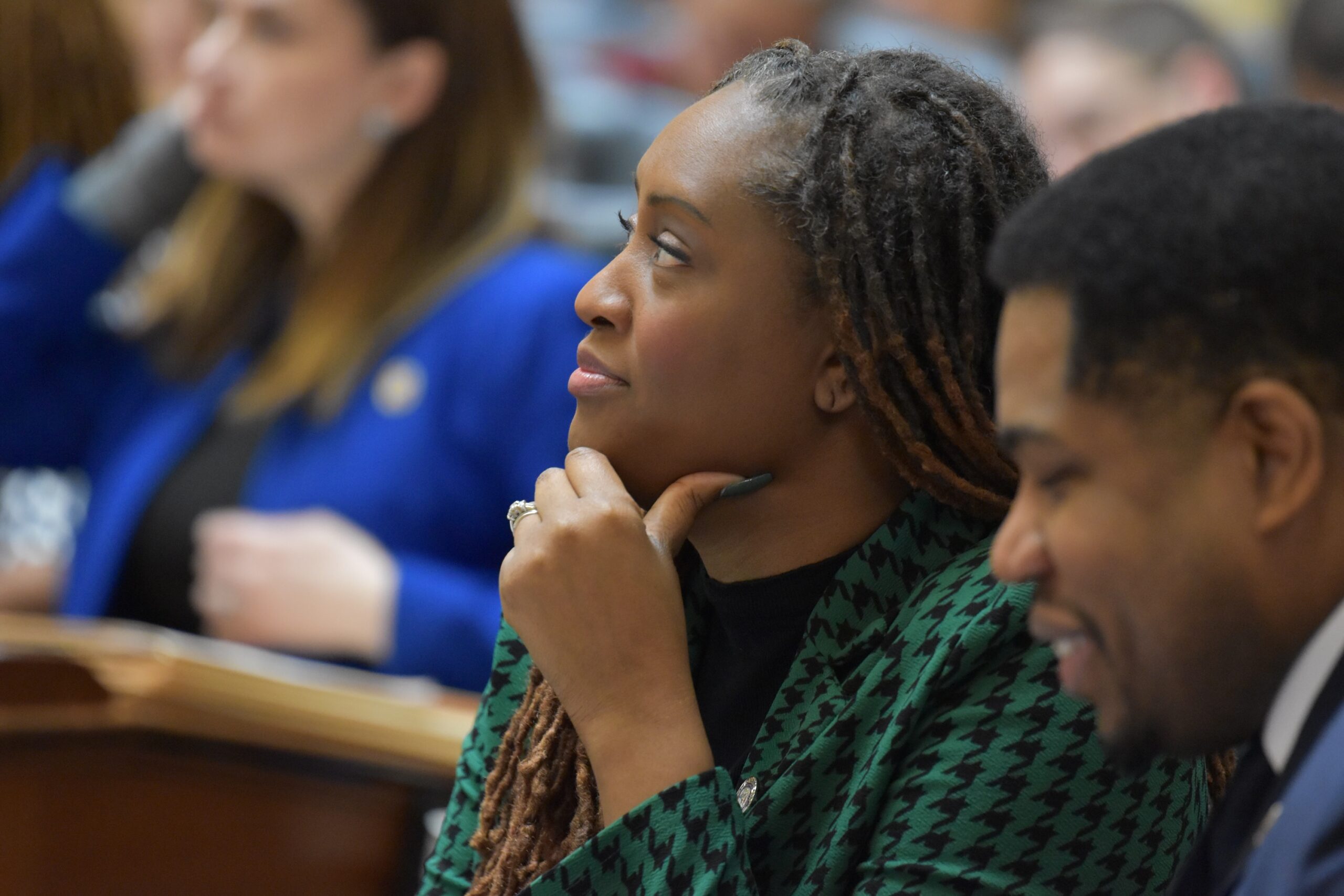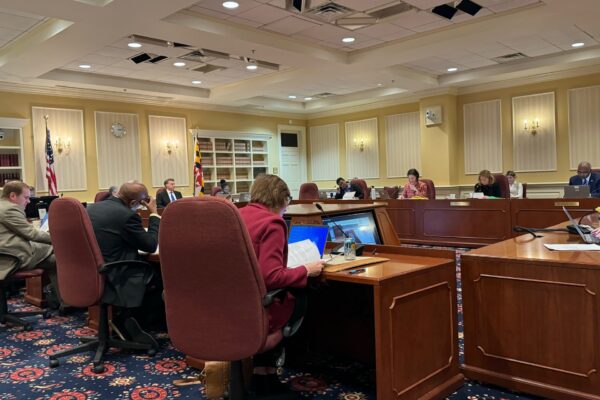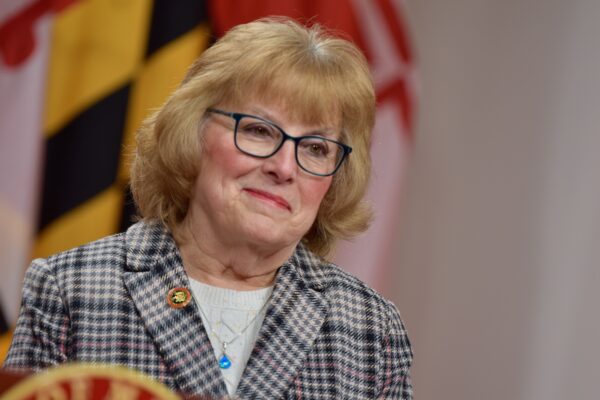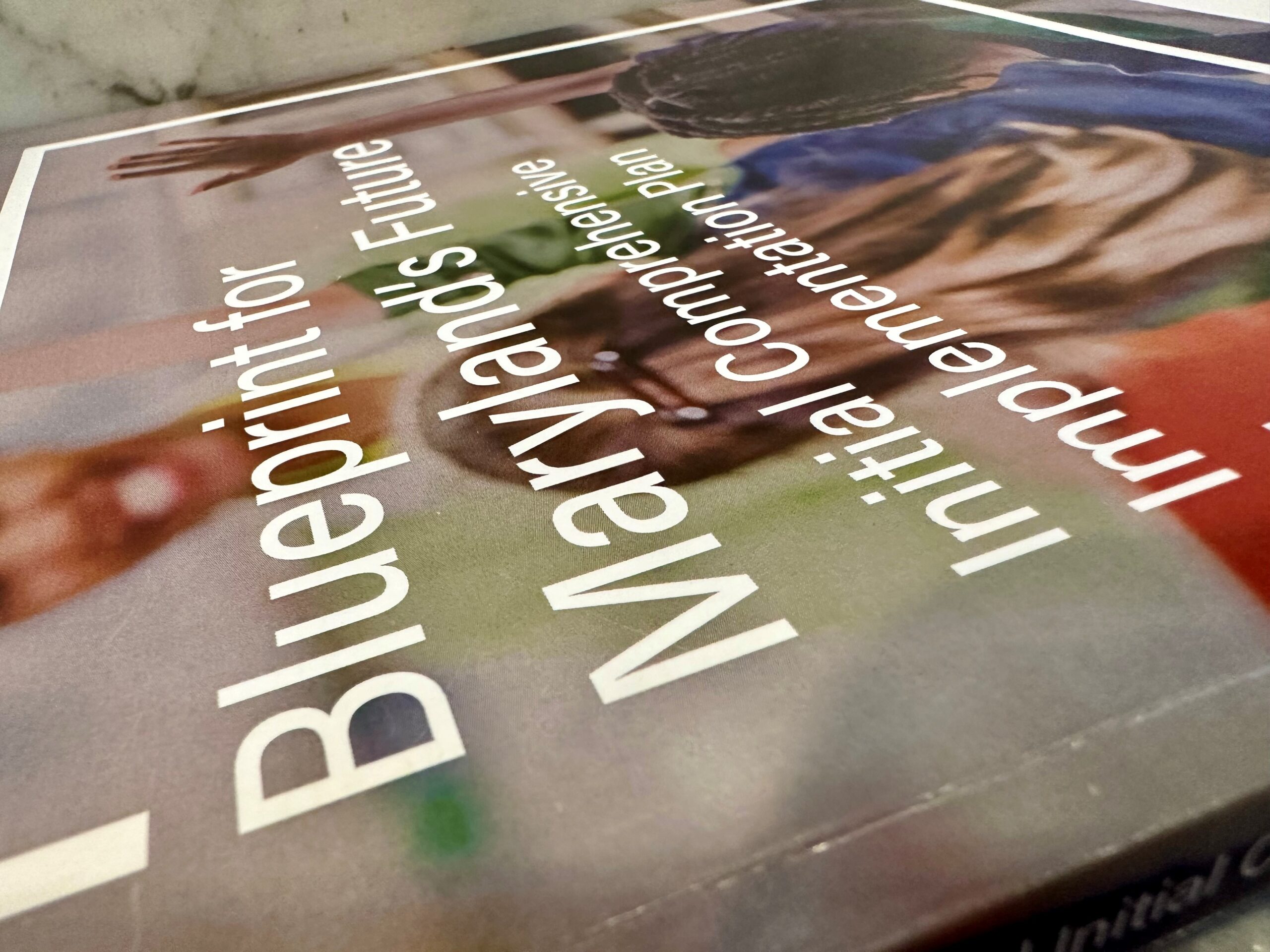Bills to improve academic approval process in higher education moving in both chambers

Maryland lawmakers gave a preliminary nod Tuesday to legislation aimed at improving the approval process for higher education programs — a longtime source of controversy that was exacerbated last year after a decision by the state’s Higher Education Commission.
The House and Senate quickly moved Senate Bill 1022 and House Bill 1244, which include many provisions based on the recommendations of a legislative work group that assessed the commission’s policies and procedures. The measures received unanimous support in the House Appropriations and Senate Education, Energy and the Environment committees.
Both bills would require institutions that oppose approval of an academic program to base their objection on several factors such as not meeting a “state or regional need” consistent with the state’s higher education plan produced by the commission.
The Program Approval Process Workgroup held its first meeting in August after the higher education commissioners’ controversial decision in June to allow a new business analytics degree program at Towson University over the objection of officials at Morgan State University, a historically Black campus five miles away, who argued it would duplicate a similar program there.
Alumni and supporters of Morgan and the state’s three other HBCUs – Bowie State and Coppin State universities and the University of Maryland Eastern Shore – have said the commission’s decision was in direct conflict with a $577 million settlement approved in 2021. That settlement was the result of a lawsuit filed in 2006 that accused the state of providing more resources for predominately white institutions and allowing those schools to duplicate programs offered at the state’s HBCUs.
“Our goal is to ensure this never happens again,” Sen. Ron Watson (D-Prince George’s), who served on the work group, said Tuesday on the Senate floor.

The Senate Education, Energy, and the Environment Committee held a voting session March 11, 2024, on various bills, including Senate Bill 1022. Photo by William J. Ford.
Some of the amendments to both bills include requiring the commission to implement a new review process for academic programs “offered only online and to a majority of out-of-state students” and requiring the commission to report annually any new programs they approved in the preceding school year over an objection by one of the state’s HBCUs. A first report would be due by Sept. 1, 2025.
In the House bill only there is a special provision to allow the four HBCU schools and the University of Maryland, College Park to submit proposals to implement an emerging workforce graduate level program. According to the bill, the program must address a job or industry need not offered at any higher education institution, “that is innovative, unique and rare” and could leverage federal, state, or private resources on a long-term basis with an immediate development.
“A lot of people think the settlement was all about the money, but if the processes were going to further entrench the status quo of duplication, then we will not have fulfilled the mission of the settlement legislation,” Del. Stephanie Smith (D-Baltimore City), who sponsors the House version and served as co-chair of the work group, said Monday. “That’s what this bill sets out to do.”
Other institutions would be able to submit a proposal for an emerging workforce graduate level program, but only within two years after publication of the commission’s state higher education plan, or “the appendix” to the plan. The higher education plan, last revised in 2022, must be updated by Jan. 1 and include the most up-to-date data and other information on state and regional workforce needs.
Collaboration
One word Smith and other members of the work group emphasized: collaboration.
It’s noted at least 10 times in the bills, which include the creation of a fund to provide financial assistance “to incentivize institutions of higher education to collaborate” with each other to establish and implement a new graduate program.
The commission would administer a non-lapsing collaborative grant fund that would consist of money appropriated in the state budget, interest earnings and any other money from a source “accepted from the benefit of the fund.”
Another collaboration required in the measure is for the commission, the state Labor and Commerce departments to work together on researching data and other information to identify specific workforce needs in the state.
According to a bill analysis and fiscal note, about $164,000 would be required for MHEC and state Department of Labor to each hire an analyst to conduct research on state and local workforce needs.
When the work group released its report of recommendations in January, it noted collaboration on program approvals is required in other states, but not in Maryland. In addition, “MHECs leadership made little substantive effort to encourage institution collaboration.”
Bowie State University submitted a letter of support on the legislation to the House Appropriations Committee.
“We believe that a transparent, collaborative, consistent process will enable institutions to address specific concerns and eliminate possible program duplication early in the process — during program design and development — as opposed to having to redesign a program to alleviate issues of concern,” according to the letter dated Feb. 27.
A Towson University spokesperson deferred comment Tuesday to the University System of Maryland (USM).
“The University System of Maryland has no comment,” USM spokesperson Mike Lurie wrote in an email Tuesday.

Senate Majority Leader Nancy King (D-Montgomery. Photo by Bryan P. Sears.
With less than four weeks left until the 90-day legislative session ends, Sen. Nancy King (D-Montgomery) said Monday she has faith the legislation will get approved.
“We’ve worked so hard on this thing…that we came up with something very close to what we all agreed on [including] college presidents and legislators,” said King, sponsor of the Senate version and who served as co-chair of the work group. “We have to get this passed.”




 Creative Commons Attribution
Creative Commons Attribution